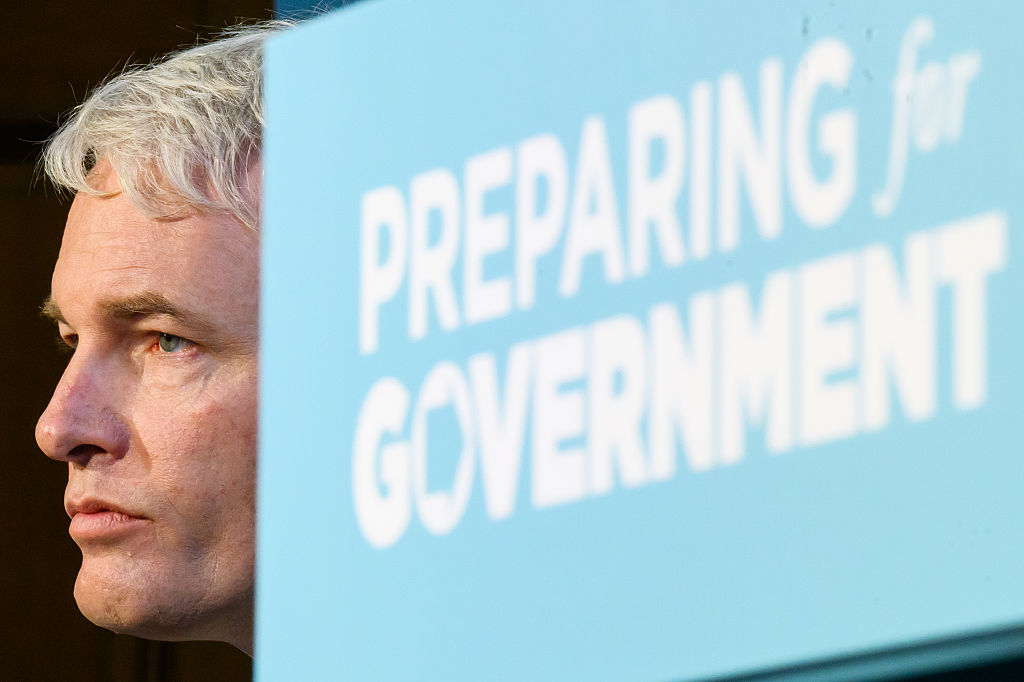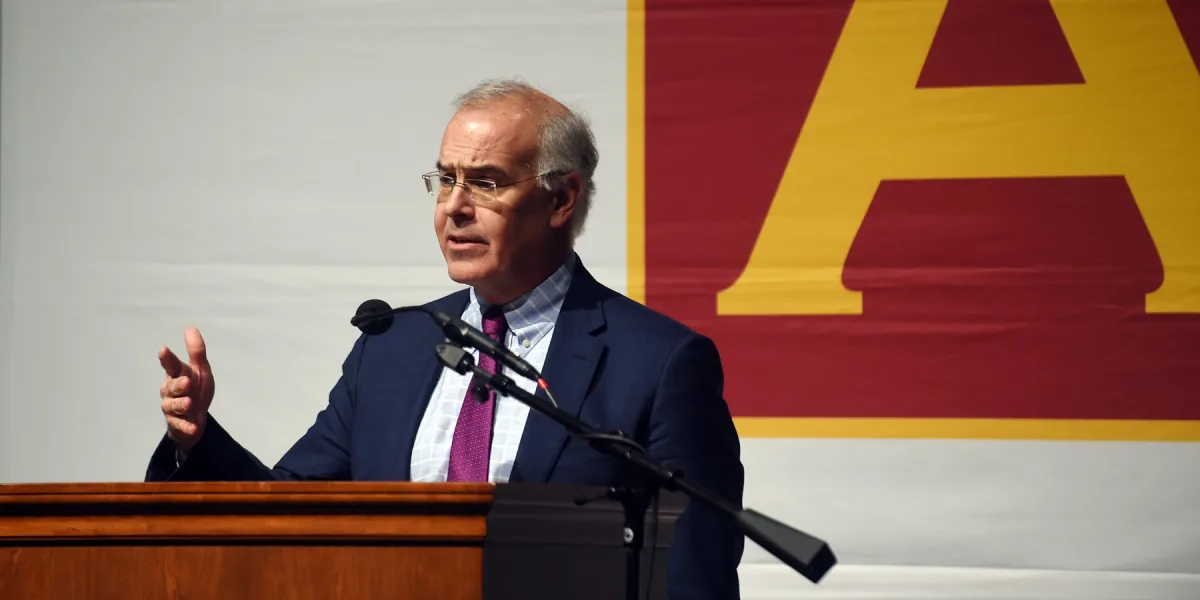Copyright newstatesman

For Danny Kruger, something is rotten in the state of Britain. In his 2023 book Covenant, Kruger argues that modernity has ruined Britain, leading to a situation where “even our experiences of joy or beauty have the quality of loss or yearning.” In his telling, England is in decline and it is up to Westminster to create the conditions for a more virtuous public. His is an older form of conservatism than we saw during the last government’s 14 years in power – one rooted in Christianity, civic nationalism, and a small, tightly-run, state. Indeed, Kruger has become closely associated with the post-liberal moment sweeping across British conservatism, inspired by the writings of Roger Scruton and the philosopher Alasdair MacIntyre. So in many ways it was unsurprising when he defected to Reform from the Tories last month, declaring his former party “over.” Reform is the perfect vehicle for a conservative man of conviction: a right-wing party leading in the polls but intellectually thin on the ground. Kruger isn’t the only man of the post-liberal persuasion to join the cause. Cambridge theologian James Orr has signed on as an advisor. Some commentators have even called it a takeover – a Christian turn in the battle for Nigel Farage’s mind. If such a coup is underway, then today’s press conference was its opening salvo. Naming himself among the “big four” charged with turning Reform into a party of government (alongside Farage, Zia Yusuf, and Richard Tice), Kruger unveiled the party’s most ambitious suite of policies yet. He said he would seek to rewrite both the ministerial code and the civil service code to free the government from its current constraints. “There is a glaring objection that I have to the ministerial code,” he said, “which is that it requires ministers to acknowledge international law in their decision-making. That is an immediate change we would make.” At present, the code reads: “The ministerial code should be read against the background of the overarching duty on ministers to comply with the law, including international law and treaty obligations.” Kruger also said civil servants would be brought more closely under the control of ministers, with at least half of ministers appointed from outside Parliament as political peers in the House of Lords. Reform’s wider plans include cutting the civil service by “at least” 30 per cent, returning it to pre-Brexit levels, and closing six major government offices. Raising the prospect of battles to come, he warned that while most civil servants would “respect the government they worked for,” there would be some “malevolent actors” intent on frustrating a Reform government. An attack on what Kruger called Whitehall’s “DEI/woke agenda”, with a promise to widen the scope of civil servant impartiality, was familiar territory – part of his argument that Britain’s culture wars are “a religious conflict about the right gods to worship.” But today’s event went further, setting out a plan to centralise power and redraw the boundaries of government authority. Kruger may see Reform as the opportunity of a lifetime, but he is aware of the task ahead. He likened the party to a pirate ship that must now be disciplined into His Majesty’s Royal Navy. “Now the job of Zia, and Nigel, and Richard, and me and our colleagues is to help turn this pirate ship into His Majesty’s royal navy ship of the line, ready to enter the King’s service and serve our nation.” The image captures Kruger’s mission: to professionalise Reform and turn it from a campaigning outfit into a serious political force. “If we win the election, we will have legislation drafted and ready to go,” he said – a statement that marked a shift in tone from a party of commentary to one preparing for power. [Further reading: Why I am not a post-liberal]



